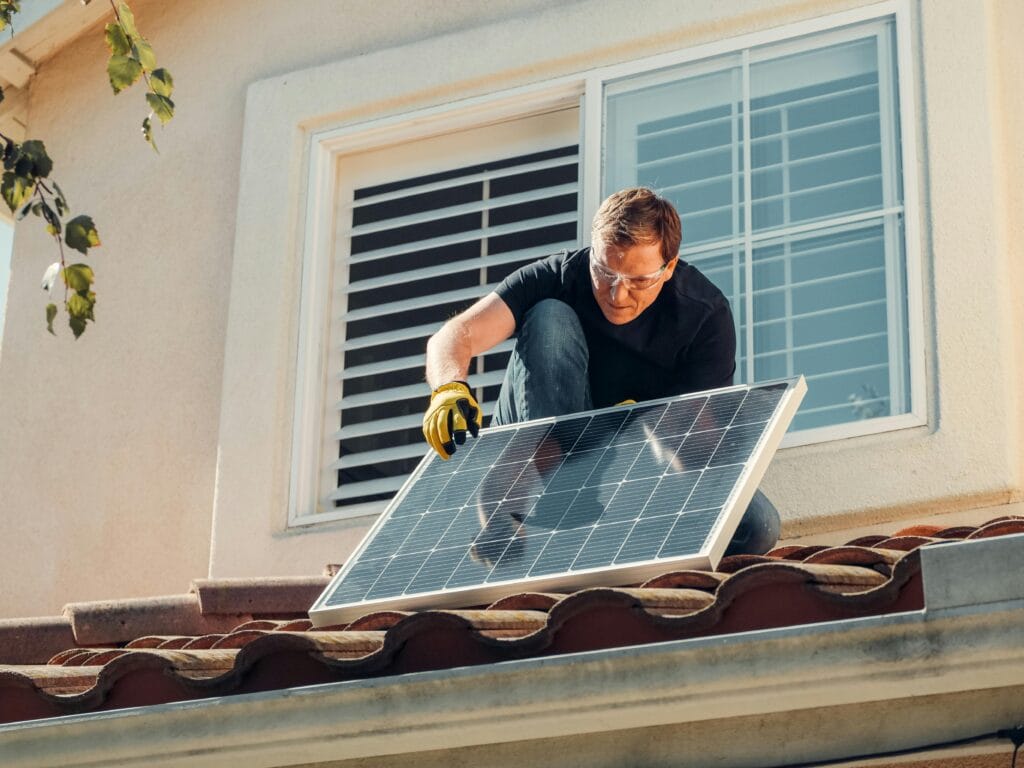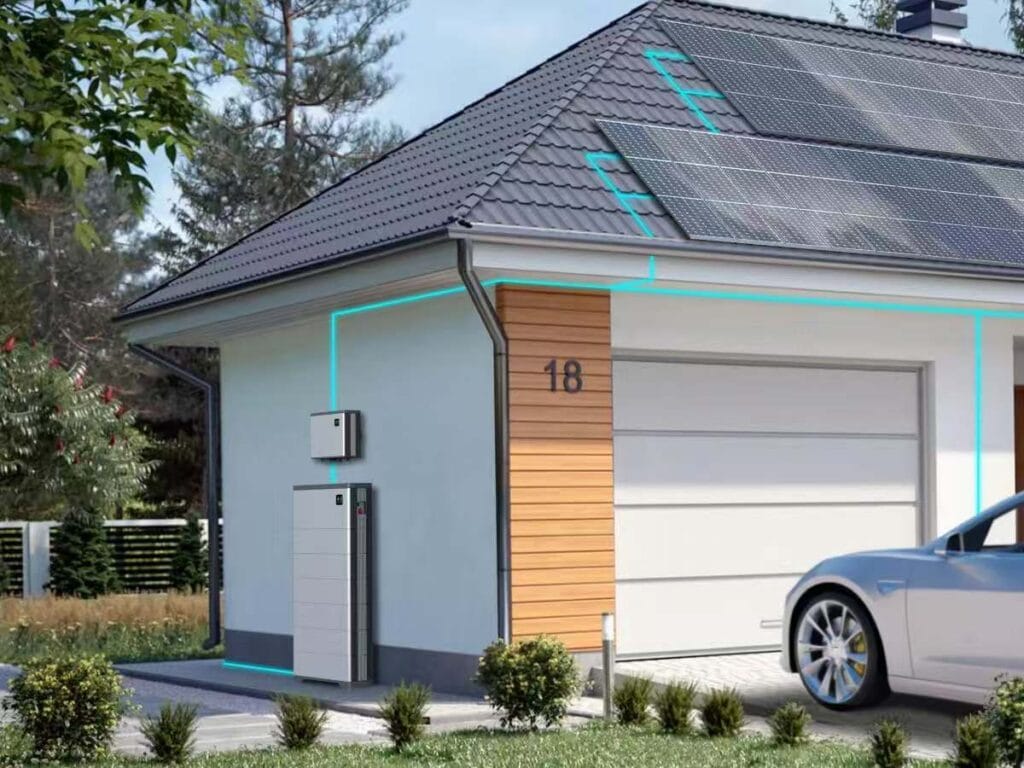When most people think about home batteries, they imagine solar panels on the roof charging a storage system. But home battery storage without solar is also possible — and increasingly popular. This approach allows homeowners to connect a battery system directly to the electric grid, store cheaper electricity during off-peak hours, and use it later when rates are higher or during power outages. In fact, for many households where solar panels are not an option, standalone battery storage provides a practical path to energy independence.

What Is Home Battery Storage Without Solar?
Home battery storage without solar refers to installing a rechargeable lithium battery system in a house, but without connecting it to rooftop solar panels. Instead, the battery draws power directly from the grid. This electricity is then stored for later use.
The system works much like a traditional backup generator, but with far greater efficiency and sustainability. With home battery storage without solar, you can take advantage of time-of-use tariffs, storing cheaper power at night and consuming it during the day when grid prices are high.
Why Choose Battery Storage Without Solar?
Many people assume that home batteries only make sense with solar panels. In reality, there are several reasons to consider a system without solar:
- Grid Reliability – If your region experiences frequent blackouts, batteries provide seamless backup power.
- No Space for Solar – Apartment buildings, shaded roofs, or strict building codes can prevent solar installation.
- Cost Management – By charging during low-rate hours, you cut down on expensive electricity bills.
- Eco-Friendly Backup – Unlike diesel generators, lithium batteries are clean, quiet, and maintenance-free.
In fact, for businesses and households alike, home battery storage without solar can be a smarter first step before investing in solar panels.

Types of Home Battery Systems Without Solar
There are different battery storage options available for grid-charging use:
- Lithium Iron Phosphate (LiFePO4) Batteries – The most popular choice today, thanks to their long lifespan, high safety, and strong performance.
- Lithium-Ion Batteries – Common in consumer electronics and EVs, these are also used in some home energy storage systems.
- Lead-Acid Batteries – Cheaper upfront, but with shorter cycle life and less efficiency.
Among these, LiFePO4 batteries dominate the market. For home battery storage without solar, they are highly recommended because they can last over 6000 cycles, ensuring reliable long-term use.
How Does Grid-Charged Battery Storage Work?
Here’s a simplified breakdown:
- The battery system is connected directly to the electric grid.
- During low-demand or off-peak hours, electricity flows into the battery.
- The battery stores energy for later use.
- When demand increases, the system automatically powers the home, lowering your grid consumption.
This process makes home battery storage without solar a cost-saving tool as well as a backup solution.

Benefits of Home Battery Storage Without Solar
- Energy Security – Keep your lights, internet, and appliances running during outages.
- Financial Savings – Use stored energy when rates are high to cut electricity bills.
- No Solar Requirement – Perfect for those who rent or live in areas unsuitable for solar panels.
- Scalability – Start small and expand later, especially if you decide to add solar panels.
- Воздействие на окружающую среду – Reduce reliance on fossil fuel generators during emergencies.
Who Should Consider Home Battery Storage Without Solar?
Not every household needs solar panels to benefit from energy storage. The following groups can see immediate advantages:
- Urban Residents – Where rooftop solar installation is restricted.
- Businesses – To secure operations during blackouts and save on electricity bills.
- Remote Homes – Properties connected to unstable grids.
- Tenants – Renters who cannot modify buildings for solar installation.
In fact, home battery storage without solar is a flexible solution that adapts to different lifestyles and energy needs.

Cost Considerations
The cost of home battery storage without solar depends on capacity, technology, and installation.
- Small systems (5–10 kWh) may range from $2,000 to $6,000.
- Larger systems (15–30 kWh) can cost $8,000 to $15,000+.
While this investment is significant, the long cycle life and financial savings often justify the expense, especially in markets with high electricity prices.
Future of Standalone Battery Storage
The global push for renewable energy and energy independence means that home battery storage without solar is only going to grow. More households will adopt these systems as grid electricity costs rise and as people look for cleaner alternatives to diesel generators.
With technological improvements, batteries will become cheaper, safer, and more efficient. Eventually, many users may start with standalone batteries and later integrate solar panels when conditions allow.

Заключение
While most people associate home batteries with solar power, home battery storage without solar is a powerful alternative that should not be overlooked. It offers energy security, cost savings, and flexibility for households and businesses that cannot install solar panels.
In fact, as energy prices increase and grid stability becomes more uncertain, standalone battery storage provides a practical, sustainable, and future-ready solution for modern living.